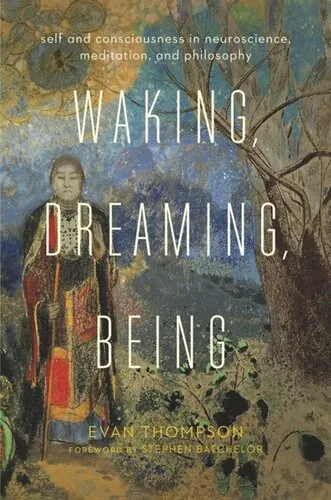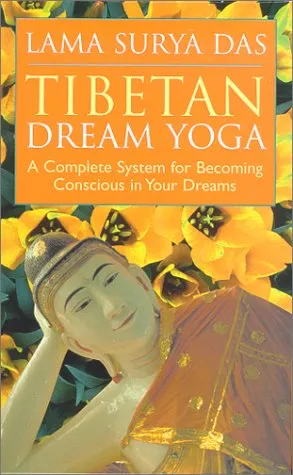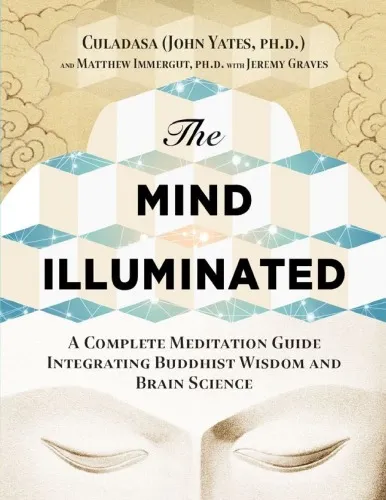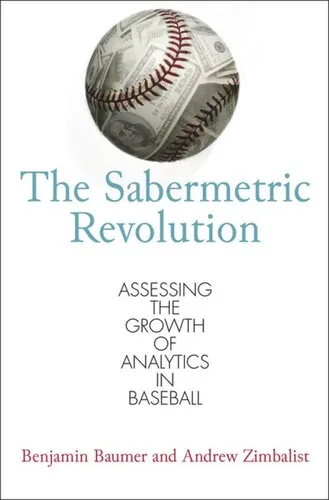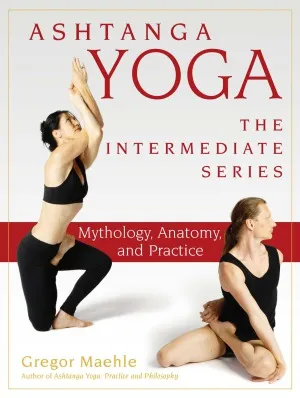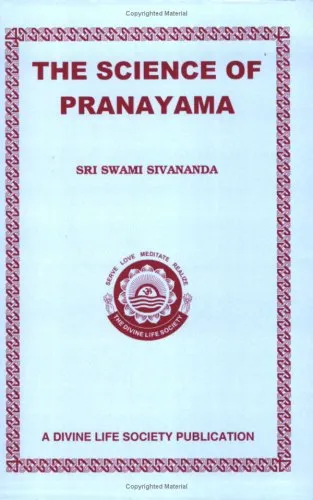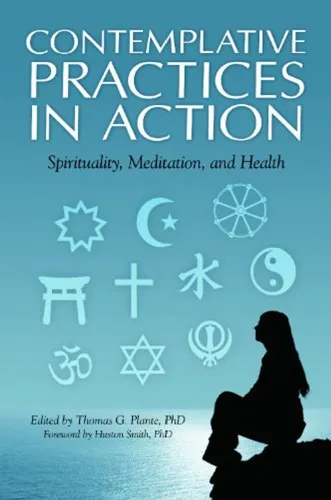Waking, Dreaming, Being: Self and Consciousness in Neuroscience, Meditation, and Philosophy
4.5
Reviews from our users

You Can Ask your questions from this book's AI after Login
Each download or ask from book AI costs 2 points. To earn more free points, please visit the Points Guide Page and complete some valuable actions.Related Refrences:
Welcome to an exploration of the dynamic interplay between neuroscience, meditation, and philosophy in "Waking, Dreaming, Being: Self and Consciousness in Neuroscience, Meditation, and Philosophy" by Evan Thompson and Stephen Batchelor. This profound work brings together the threads of Western scientific inquiry and Eastern contemplative insights to weave a comprehensive narrative about the nature of self and consciousness. Let us delve into the rich offerings of this book with a detailed summary, key takeaways, famous quotes, and an elucidation of why this book holds significant importance.
Detailed Summary of the Book
"Waking, Dreaming, Being" provides an integrative perspective on what it means to be conscious and how this relates to the notion of self. Spanning over the lived experiences of waking, dreaming, and deep sleep, the authors examine these states through the lens of cognitive neuroscience, philosophical analysis, and the meditative practices of Buddhism and Advaita Vedanta.
The book considers how the brain and body create a sense of self and identity during the waking state, how dreaming provides insight into consciousness and creativity, and how deep sleep challenges our understanding of self-awareness and existence. Through the juxtaposition of scientific studies and meditative philosophies, Thompson and Batchelor invite readers to consider consciousness as a dynamic process rather than a static entity.
Key Takeaways
- Interconnectedness of States: The book illustrates how waking, dreaming, and being are interconnected states of consciousness, each offering unique insights into the nature of selfhood.
- Questioning the Self: It challenges the conventional understanding of a fixed self, proposing a fluid and transformative conception of identity shaped by both internal and external factors.
- Meditative Insights: Incorporating contemplative practices into daily life can enrich our understanding of consciousness and promote mental well-being.
- Scientific and Philosophical Convergence: The integration of neuroscience with philosophical thought and meditation rituals showcases how these domains can collaboratively enhance our comprehension of the mind.
Famous Quotes from the Book
"Just as a spider spins its web and then lives in it, so do humans create a cognitive web that they inhabit."
"Waking, dreaming, and being show us that the consciousness we experience is not merely a product of the brain but an ensemble of relationships between the body, the brain, and the world."
Why This Book Matters
"Waking, Dreaming, Being" contributes significantly to the discourse on consciousness by bridging Eastern and Western perspectives, thereby fostering a holistic understanding of the self. Its interdisciplinary approach serves as a crucial reminder that consciousness studies cannot be confined to a single domain but must embrace the insights from diverse fields. The book's exploration of how ancient meditation traditions can inform scientific inquiries makes it a pivotal resource for anyone interested in the depth and breadth of human consciousness. Moreover, as we continue to advance in fields like artificial intelligence and cognitive science, understanding consciousness from a broader perspective becomes increasingly vital.
Ultimately, the book challenges readers to reflect on their own experiences of consciousness, encouraging personal exploration and growth. It is an essential read for philosophers, neuroscientists, meditation practitioners, and anyone intrigued by the profound questions of existence.
Free Direct Download
You Can Download this book after Login
Accessing books through legal platforms and public libraries not only supports the rights of authors and publishers but also contributes to the sustainability of reading culture. Before downloading, please take a moment to consider these options.
Find this book on other platforms:
WorldCat helps you find books in libraries worldwide.
See ratings, reviews, and discussions on Goodreads.
Find and buy rare or used books on AbeBooks.
1420
بازدید4.5
امتیاز0
نظر98%
رضایتReviews:
4.5
Based on 0 users review
Questions & Answers
Ask questions about this book or help others by answering
No questions yet. Be the first to ask!
